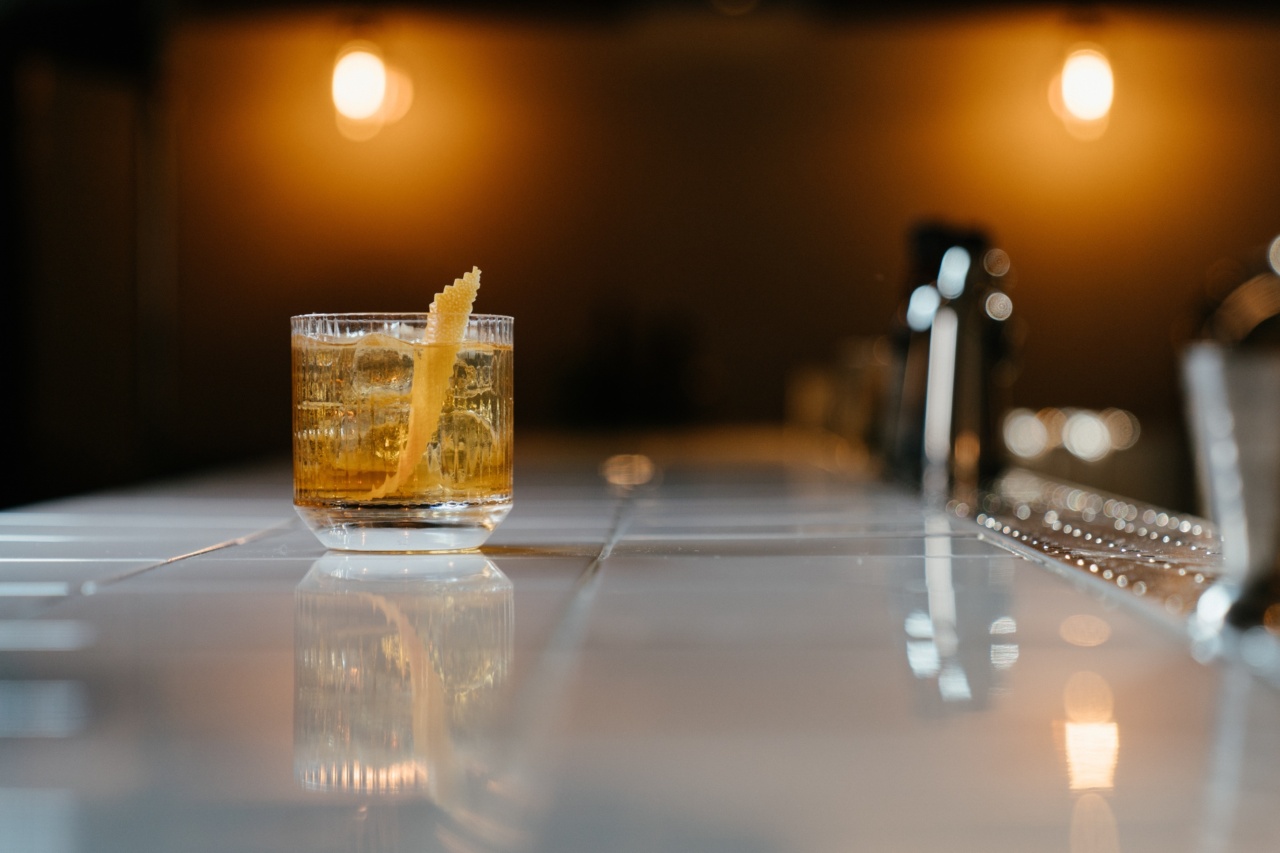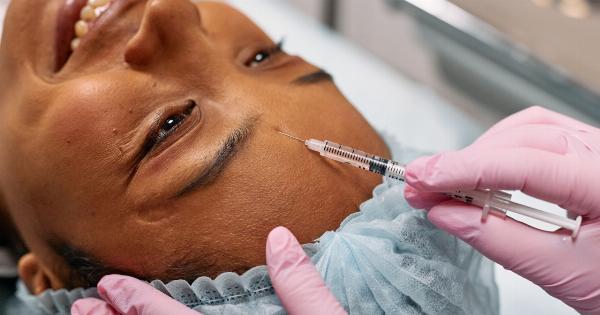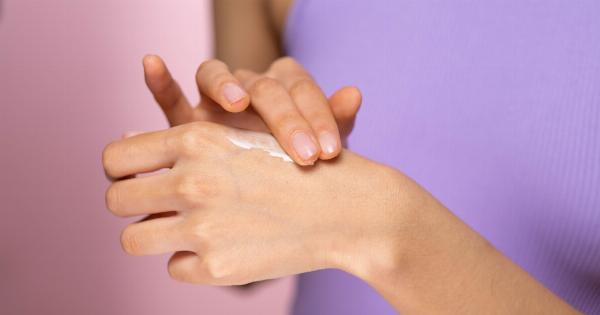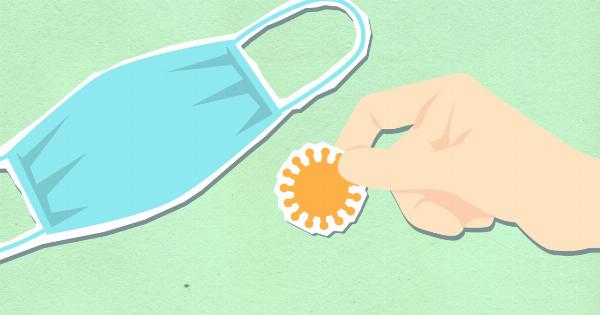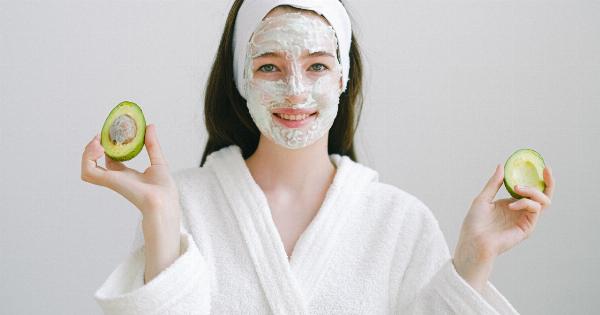For many people struggling with alcohol addiction, the urge to drink can be overwhelming. Despite their best efforts to quit, cravings can be too strong to resist.
But what if there was a way to eliminate those cravings altogether? That’s where the Drink Stopper comes in- a new spray that promises to help people overcome their alcohol addictions.
What is the Drink Stopper?
The Drink Stopper is a spray that contains natural ingredients that help prevent alcohol cravings. The spray works by targeting the chemical imbalances in the brain that contribute to addiction.
It is safe, non-addictive, and can be used alongside conventional treatments for alcoholism.
How Does it Work?
The Drink Stopper contains a blend of natural ingredients that work together to eliminate alcohol cravings. One of the main ingredients is N-acetylcysteine (NAC), an amino acid that has been shown to reduce the desire to drink and improve mood.
Another key ingredient is chromium picolinate, which helps control blood sugar levels and reduce cravings for sugar and alcohol.
The Drink Stopper is easy to use- simply spray it into your mouth whenever you feel the urge to drink. The spray can be used as often as needed, and many people find that the effects last for several hours.
The Benefits of the Drink Stopper
There are many benefits to using the Drink Stopper to overcome alcohol addiction. First and foremost, the spray can help alleviate cravings and reduce the risk of relapse.
It can also help improve mood and reduce symptoms of anxiety and depression that are often associated with alcohol addiction.
The Drink Stopper is also easy to use and can be carried with you wherever you go. Unlike other treatments for alcohol addiction, such as medication or therapy, there is no need to schedule appointments or take time off work to use the spray.
Is the Drink Stopper Right for You?
The Drink Stopper is not a substitute for conventional treatments for alcohol addiction, such as medication, therapy, and support groups.
However, it can be a helpful supplement to these treatments, providing an extra layer of support for those struggling with alcohol cravings.
If you are considering using the Drink Stopper, it is important to talk to your doctor or addiction specialist first.
They can help you determine if the spray is safe for you to use and provide guidance on how to incorporate it into your overall treatment plan.
The Science Behind the Drink Stopper
The Drink Stopper is based on the latest research in addiction science. Studies have shown that NAC and chromium picolinate can be effective in reducing cravings for alcohol and other substances.
These ingredients work by targeting the chemical imbalances in the brain that contribute to addiction.
There is still much research to be done on the effectiveness of the Drink Stopper, and more studies are needed to determine its long-term safety and efficacy.
However, early results are promising, and many people have already reported success in using the spray to overcome their alcohol addictions.
The Bottom Line
The Drink Stopper is a new spray that promises to help people overcome their alcohol addictions by eliminating cravings. The spray contains natural ingredients that target the chemical imbalances in the brain that contribute to addiction.
While it is not a substitute for conventional treatments for alcohol addiction, it can be a helpful supplement to these treatments. If you are considering using the Drink Stopper, be sure to talk to your doctor or addiction specialist first to determine if it is right for you.
